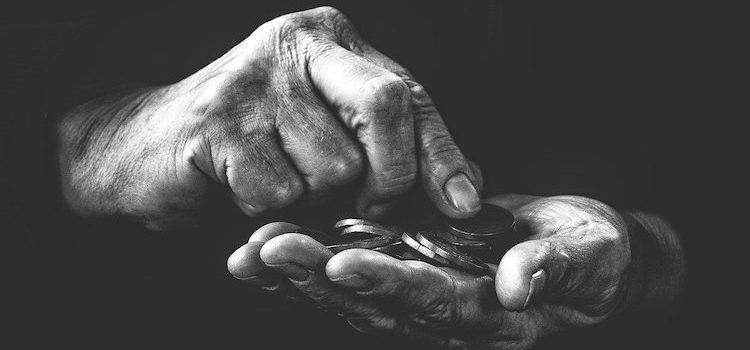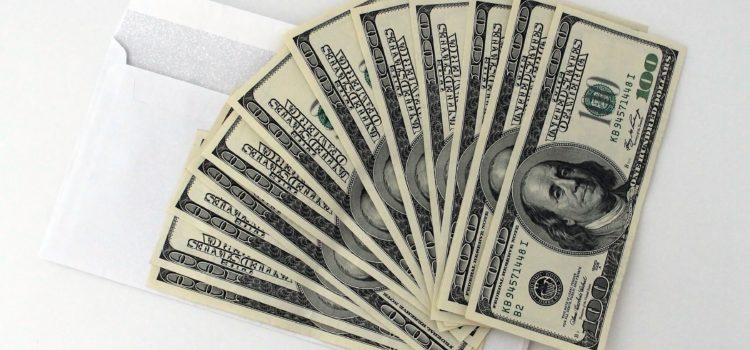What percentage of carbon emissions come from transportation? Is it possible to eliminate CO2 emissions in the transportation industry? Statistics show that one of the most significant contributors to carbon emissions is transportation/shipping. According to Vaclav Smil, the author of Numbers Don’t Lie, it would take a radical change to go carbon-neutral in these industries. Let’s look at the numbers behind the carbon footprint of the transportation and shipping industries.
A Closer Look at the Carbon Footprint of Transportation










